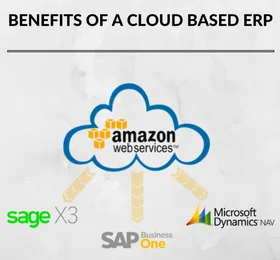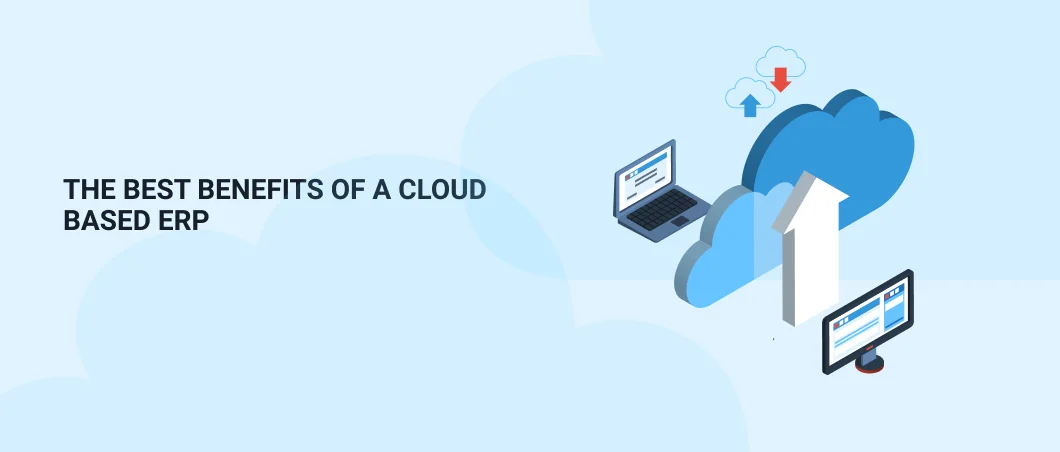The projected growth of cloud-based ERP versus traditional on-premise deployments is good news for most businesses. RnR Market Research forecasts a CAGR (compound annual growth rate) of 8.30% for 2016-2021. The current market share of traditional on-premise vs cloud deployments is roughly 75% to 25%. We expect those numbers to nearly reverse over the next 10 years.
Benefits of a Cloud-Based ERP
Today most of the perceived stigmas of cloud computing have been corrected. Five years ago many of these factors would not necessarily have been true of cloud-based ERP. Here is a quick list of why you should consider switching to the cloud-based ERP:
- Avoids all of the up-front costs of implementing computing infrastructures like hardware and servers
- Allows business to expand geographically, becoming more efficient due to less hardware infrastructure
- Promotes easier customization of software, improving end-user accessibility
Who Should Switch to a Cloud-Based ERP?
There are many benefits of Cloud-Based ERP to businesses of nearly all shapes and sizes. An ERP in the cloud would be particularly effective for businesses that have a large percentage of revenue dedicated to tech spending. ERPs hosted in the cloud offer fully functional, scalable, and cost-effective answers to business needs — critical requirements for any growing company. Accessibility, affordability, and deployment speed all need to be at the right level to stimulate growth.
If you are currently using an on-premise deployment for your ERP and worried about the massive transfer of data, don’t be. The answer for you may be a hybrid ERP. This means keeping your legacy system and integrating it with a cloud-based ERP.
Which ERP Should I Consider for Cloud Hosting?
There are many cloud-based ERP solutions on the market today. We particularly recommend Sage X3 and SAP B1. Sage X3, with its recent 7.0 update, offers fantastic multi-tenancy functionality (read our guide to hosting Sage X3 on the cloud). SAP B1 is a great SAP ERP cloud solution (SAP case study on AWS for finer details). There are many other options for an ERP in the cloud including Dynamics NAV/AX and SAP S/4HANA.

Hosting Options for Cloud-Based ERP Solutions
There are some ERP solutions that have proprietary and internal hosting like NetSuite’s SuiteCloud. However, we recommend Amazon Web Services (AWS). There are many benefits of AWS. It is absolutely the most reliable hosting option available for a compatible ERP.
AWS security is second to none. Under lock and key, your data will always be safe and available. All of the ERPs mentioned above are available to be hosted on AWS.
ERP in the Cloud — The Dark Side
You’ve probably heard of the “faux cloud” before. This is a cloud system that is not a true cloud solution. One warning sign can be that they do not offer a multi-tenant platform (meaning multiple users sharing the same platform). This can result in downtimes, poor upgrade pipelines, and poor support systems. Make sure to align yourself with a true hosting solution like AWS and a fully cloud-compatible ERP.


2 Responses
Very Informative Content !
Helpful for any organisations to make a wise choice on moving towards cloud ERP.
Thank you for sharing.